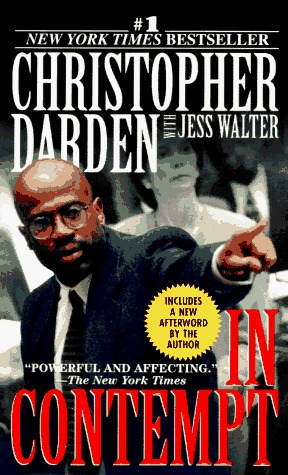What do you think?
Rate this book


496 pages, Mass Market Paperback
First published January 1, 1996
At Simpson's estate, O.J.'s blood was in his driveway and foyer, while Goldman's blood was on the glove alongside his house, and O.J.'s and Nicole's blood was on the socks in his bedroom. The blood was spattered on the socks-nineteen separate blood spots right around the ankles, where blood would likely splash as Simpson hacked at the victims and then walked through the pools of their blood. There were also blood smears at the tops of the socks, where he'd pulled them off his feet. The chance that the blood was someone else's besides Nicole's? One in 21 billion. Ron's? One in 41 billion. Pretty significant figures when there are only 5.5 billion people in the world.
In Simpson's Bronco, Nicole's blood was mixed with O.J.'s on the carpet. Goldman's blood was on the con- sole, and a mixture of the blood of all three was else- where on the console.
Tests were done at two different labs. Contamination was impossible. And in all this testing, no other blood was found. In these lakes of blood, there were identifiable traces of only three people: Ron, Nicole, and O.J. Simpson.
To be honest, I wasn't interested in getting rid of him. The trial had dragged on too long already and, at some level, there were more important things than winning this case at all costs.